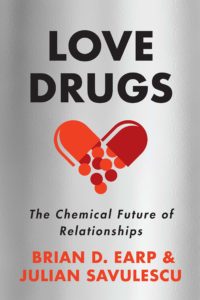Written by Dominic Wilkinson, University of Oxford
This article was originally published on The Conversation
Waiting is never easy. Sometimes the period when you know that something bad is coming is almost harder than when it finally arrives.
Across the health service, there is an enormous and unprecedented effort underway to prepare for the coming surge of patients needing hospital treatment for coronavirus. Looking across to the experience in Italy, Spain and Germany, we know that there is a tsunami coming – a tidal wave of medical need that will swamp us, test us, sweep some of us away.
The analogy with a tsunami is apt because we are at the moment when the waters pull back before the great wave arrives. Some hospitals are eerily quiet; elective surgery has stopped, and some wards have been emptied. Our healthcare workers are anxiously waiting and preparing for what is coming.
Of course, many ordinary people are also waiting, not knowing exactly what lies ahead and fearing the worst. How can they, how can we – all of us – prepare?
The answer is not to panic. But nor should we ignore or downplay the seriousness of the situation. And certainly, it is not to stockpile pasta or loo paper.Read More »Cross Post: Coronavirus: The Conversation We Should Have With Our Loved Ones Now – Leading Medic




